Thank you to all my new subscribers who have joined in the last few weeks. The JasonWard Creative Substack is a reader supported publication and I really appreciate your time spent here. I would love to invite you to support my work by taking out a subscription. A paid subscription gives you access to exclusive content plus the entire archive of over 100 articles, reviews, interviews, podcasts and playlists all full of creative insight designed to help you develop your creative projects and practise. Thank you
Most of my creative work over the last 30 years has been to a brief. What this means is that shows, events and experiences were created to serve an existing objective. These have been commercial such as the creation of a Yuletide Festival for an ancient English town or the development of a Disney Princess experience in a European palace for Disney Cruise Line or creative such as working with the winner of Britain’s Got Talent to develop a new live theatre show.
For all of these projects I needed to find creative ways to tell a specified and specific story. There were the usual practical limitations such as budget, logistics and brand standards which, as many creatives will tell you, are the factors that often force us to do our best work.
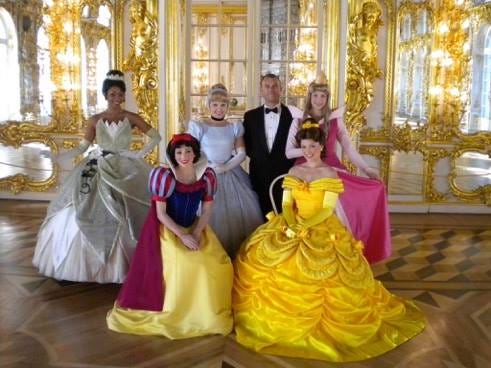
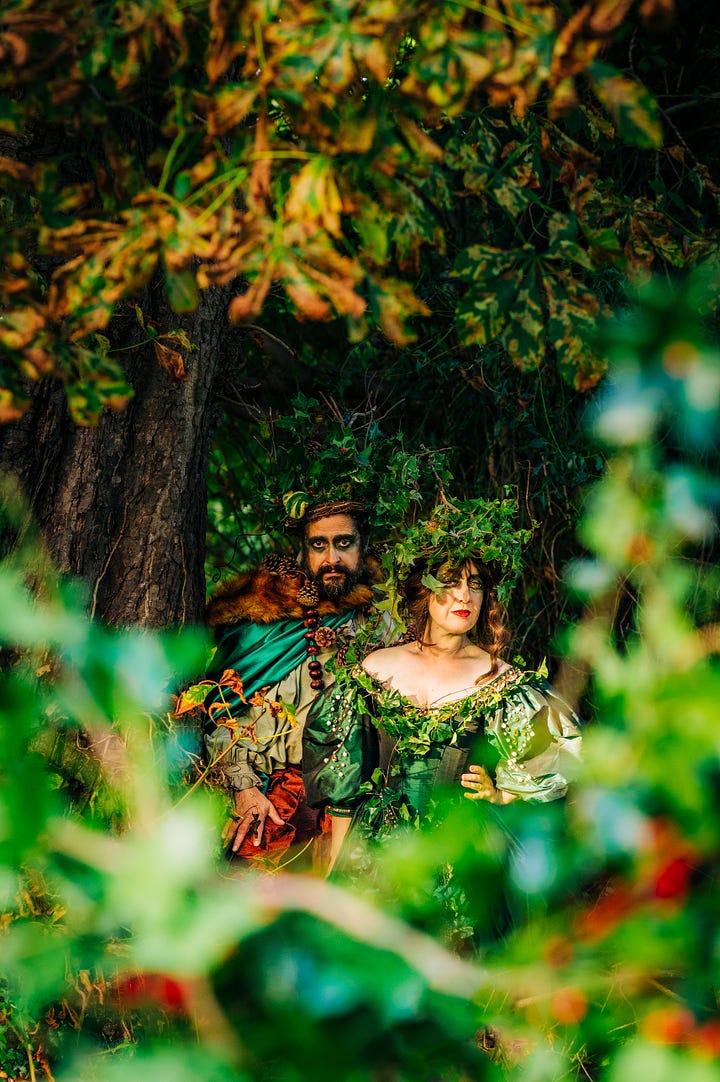
Recently I started writing fiction which meant starting a creative project with no brief to follow or external deadline to achieve and I wanted to find out how I should begin.
There are two big beasts of received wisdom when it comes to creative writing, whether for books, plays, musicals, films or anything else with an original story.
The first big beast is undoubtedly true and incredibly simple: read. Read books, read plays and even read things which seem unrelated to your own work. The truth is that by reading more we absorb details like structure, plotting and character development. We build a sense of the different angles we can take to tell stories and the infinite variety of stories that we can tell.
Reading is also helpful in identifying the genre and style of what we want to create. My first attempt at a short story for public consumption is called Love Hangover and is set mainly in the New York disco scene of 1976. In my mind I was going to write a grand romantic story about different types of love. But, although love plays a big part in the story, it is much more about coming of age in Britain in the 1970s, building friendships and having adventures with the people we become close to. It is also written in the first person. Why? Looking back now I can see that I was influenced by three novels I had just read: Intimacies and A Separation by Katie Kitamura and Caleb Azumah Nelson’s second book, Small Worlds which are all first person narratives and intensely personal. Love Hangover needs a ton of work but reading it back now I am surprised by how personal it is because this was never my intention.
Which brings us to the second big beast of received wisdom about writing: write what you know and I think this needs qualification. Obviously, if we all followed this advice rigorously there would be no science fiction, fewer action heroes and less Rom in our RomComs! So we need to dig a little deeper into what we mean by writing what we know.
The danger with the ‘write what you know’ maxim is that we follow it too literally. Author JoJo Moyes believes that listening to people around us is definitely useful when creating dialogue and character. Playwright Alan Bennett is renowned for capturing a style and tune of conversation in his plays and Colson Whitehead in Harlem Shuffle and Crook Manifesto writes conversations that have the rhythm of New York speakers. The difference between Whitehead and his protagonist Carney is that the writer has never been a furniture salesman, or a fence so, in terms of subject matter and era, he wasn't writing what he knows but, as a New Yorker, he is familiar with Harlem, the type of person he is writing about and, more importantly, the life choices these characters have to make.
John Le Carre built on his brief experience working for British Intelligence to write a series of books about the futility of espionage during the Cold War. He also drew on his lived experience of the British class system and his con artist father to offer striking social comment on the state of the UK in both the Smiley novels and his later work.
Unsurprisingly, not all writers agree with the adage ‘write what you know’ Best selling author of the Jack Reacher series, Lee Child believes that writing what you know is “dreadful advice”. Child’s view is that there are “very few people in the world who know enough to make a story genuinely exciting” What he means is that fiction is often about heightened experiences that are outside our regular lives. He is right in the sense of the hugely successful commercial fiction that he writes.
Instead, he says, “what you must do is write what you feel. Analyse your feelings. Then take those feelings and blow them up huge” As an example Child says that as a child he was always the biggest boy in his class which enabled him to win any fight and this is a trait that his character, Jack Reacher shares. This is an emotional memory that is unique to the author.
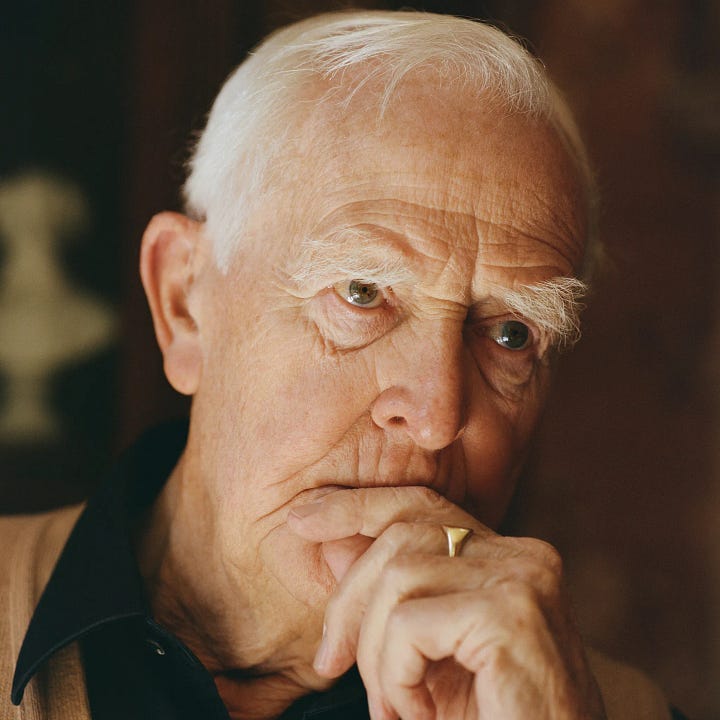
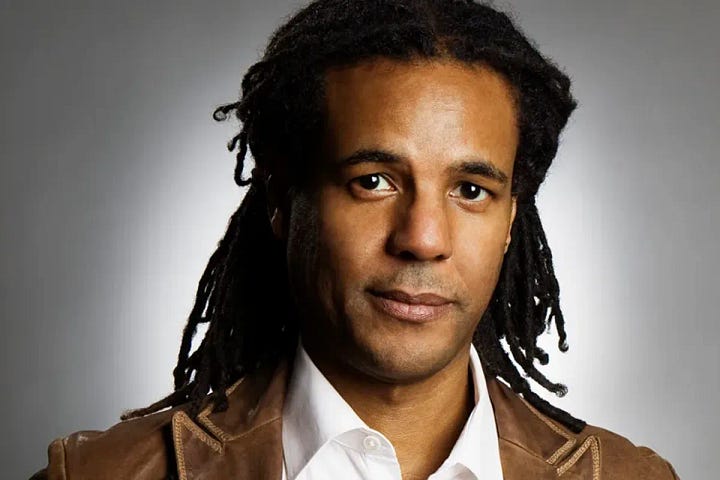

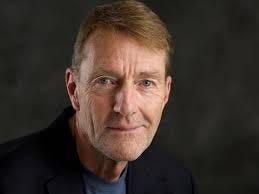
On a recent creative writing course with Irish Writers Centre tutored by novelist David Butler one of our assignments was to submit a meet cute scene based on two photos that David shared with the group
My story was about a 30 year old Syrian woman who has become a contract killer after being recruited by a shadowy British special forces organisation. We meet her when she is posing as a prostitute in a London hotel and assassinates a young wealthy male banker.
I know nothing about living in Syria, being a prostiture or killing someone and my only military experience is three weeks RAF Air Cadets. But there is something in the scene and about the character which attracts me to want to write more. And this leads me to what I really think ‘Write What You Know’ means.
It comes from Stephen King who, in his book ‘On Writing’, talks about the influence of personal experience on his work and the importance of the everyday and the mundane. So while he may never have been a teenage girl who wreaks destruction on her high school, he understands high school and he understands the feeling of alienation which enabled him to write Carrie. King refers to this process as ‘peeling back layers’ and he uses it to reveal the darkness that lies underneath any situation.
We all have to leave people, places and things behind in our lives whether through choice or circumstance. We might move to a new country, end a relationship or break the last wine glass in a set that we got as a wedding present. All of these situations can represent ends and beginnings of chapters in our lives. Each one has an emotional resonance and they can all be great starting points for a story: The last wine glass broke and we remember when we got the set and how each of the other five glasses was shattered.
But it is when we start to peel back the story of the last wine glass that we discover why we personally felt it was important to tell that story. We also reveal what we know about our character that has brought them to our mind because if we don’t know them then how can we write a whole story about them? Ergo: I have to write what I know!
And this is what can be frightening about writing what you know because in some form we as writers will need to reveal something about ourselves. If we peel back the layers of our own lives will we find our story and if we peel back the layers of our story will we find our own lives?
Here’s to your next chapter!

Thank you for reading the JasonWard Creative Substack. Your subscriptions, likes and comments really help me produce all the articles, podcasts and playlists that you see every week. If you haven’t yet done so then please consider supporting my work by taking out a subscription. Thank you!




